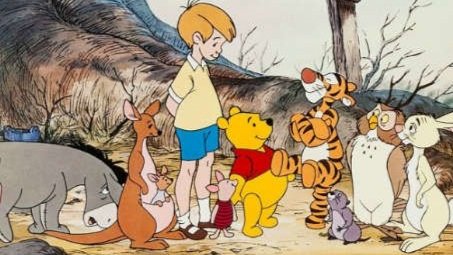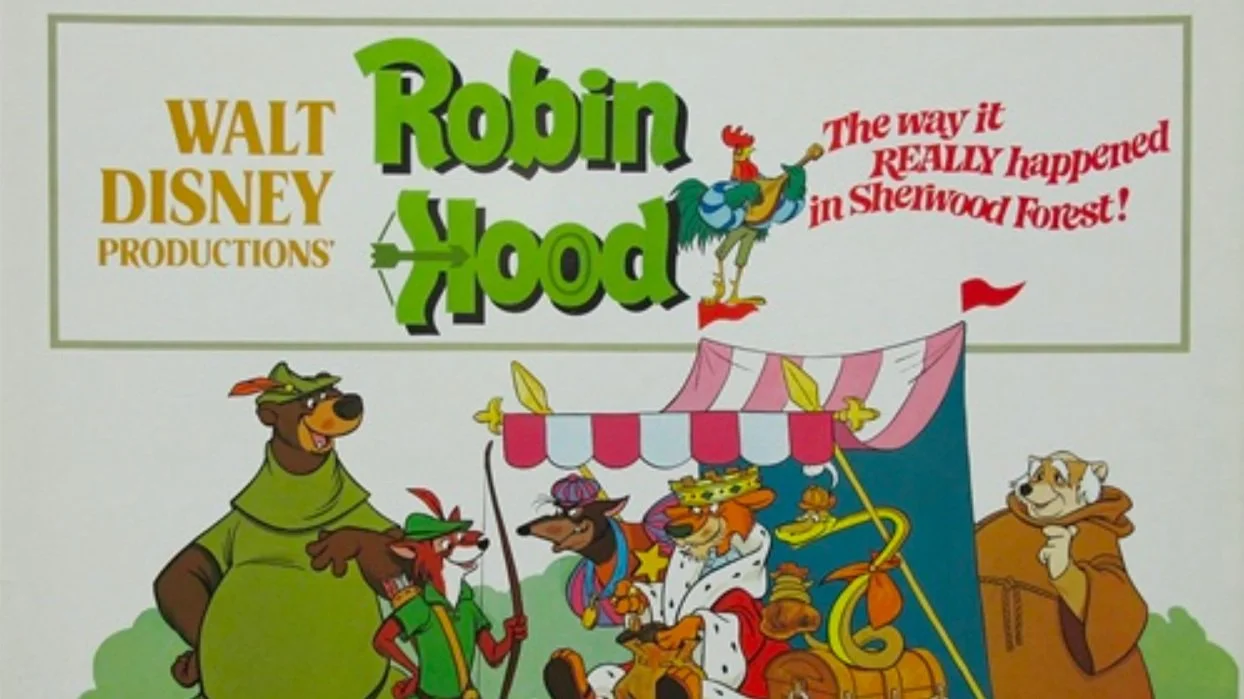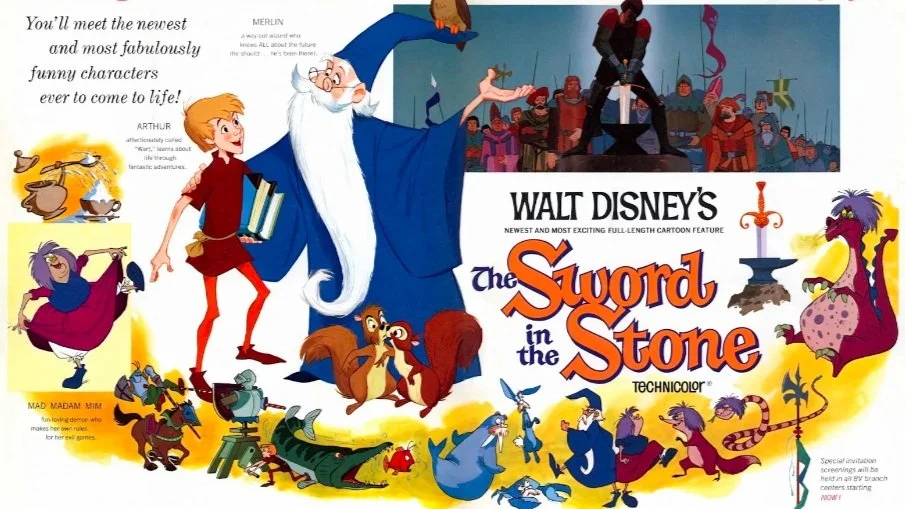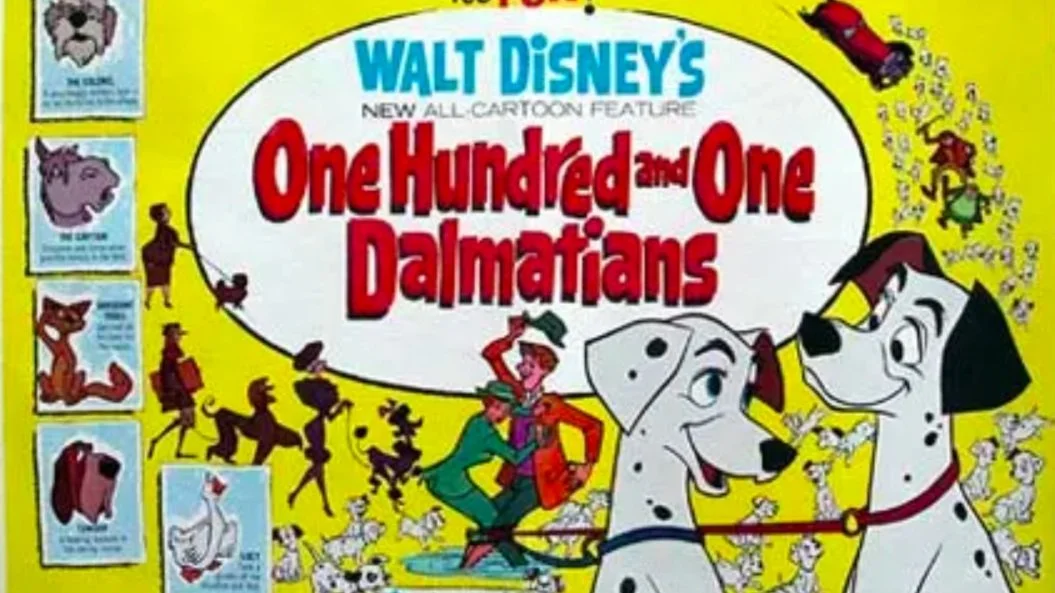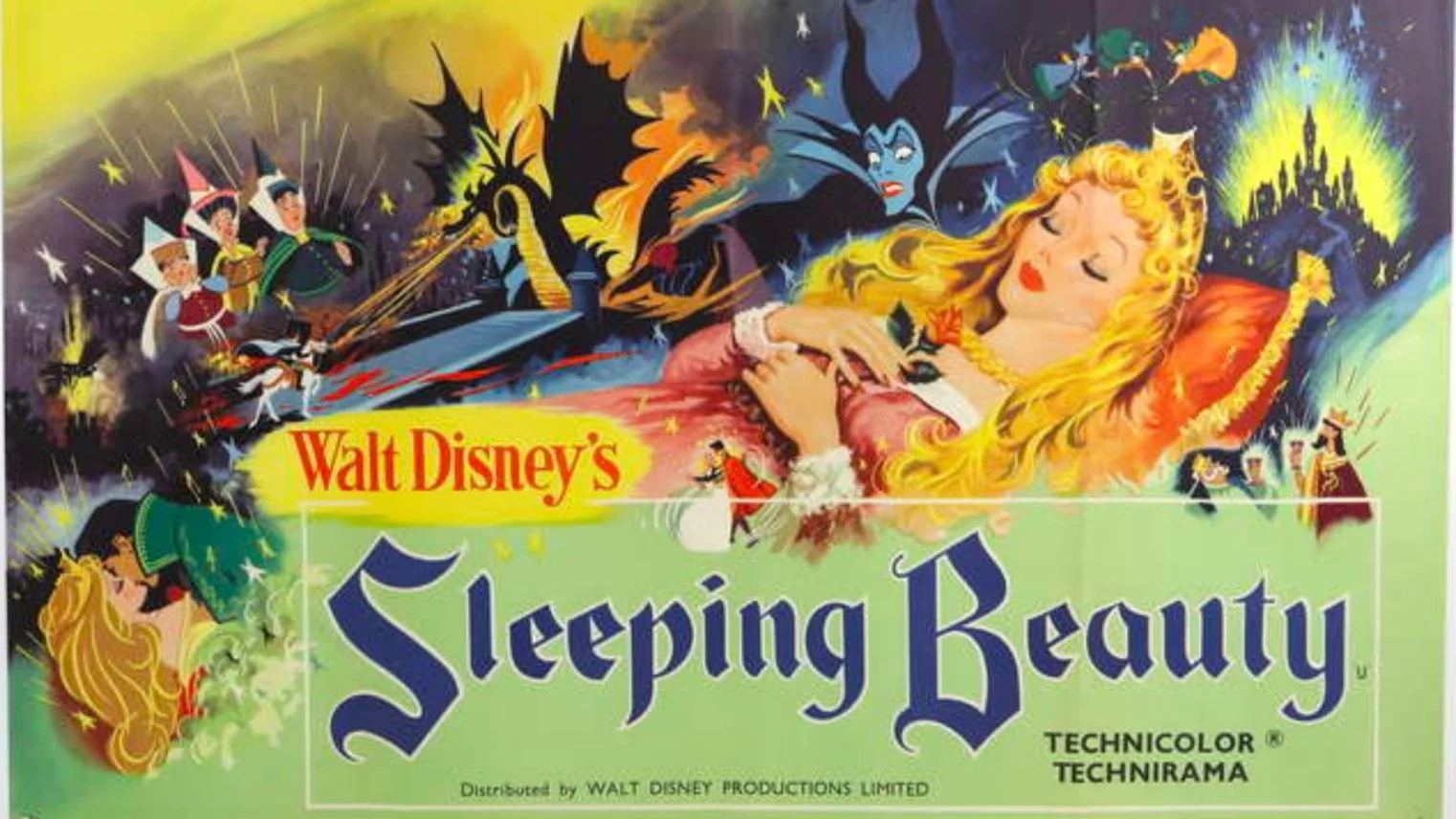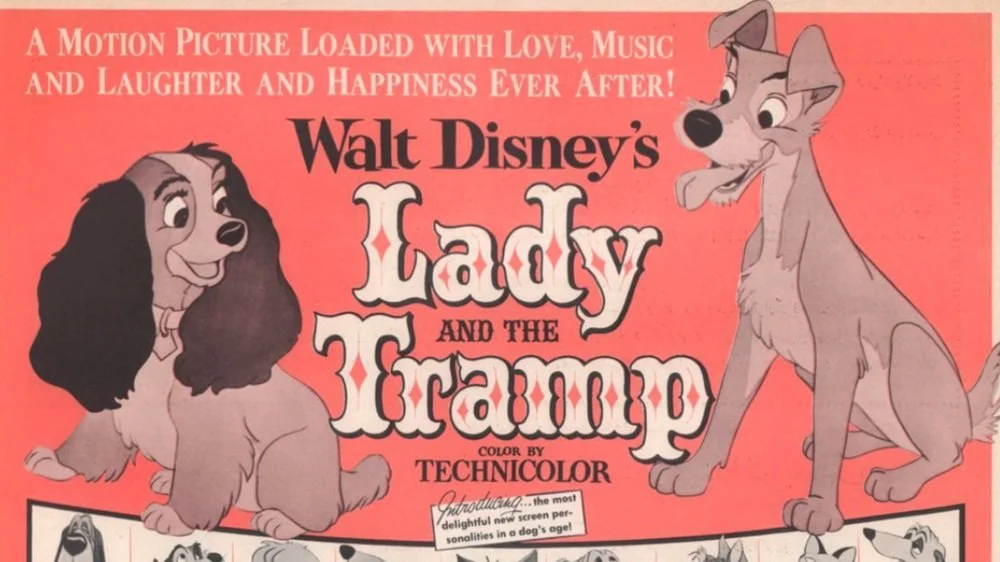The Best of the Best: Kathryn Bigelow's Point Break
Point break: the spot where a wave crashes as it hits an area of land protruding from the coastline. For surfers, and only under perfect conditions, this creates a swell that can be ridden for an extensive period of time. For a particular band of masked bank robbers in Kathryn Bigelow’s sublimely gripping Point Break, this surf transcends the iridescent waves of the ocean to stacks of unmarked bills where under perfect conditions – out in under 90 seconds and never risking the vault – the banks of the greater Los Angeles area, the bank robbery capital of the world in the face of the FBI, can be ridden all summer long. But every wave has a breaking point, and right before it crashes against the rocks under the sweltering sun, there’s nothing but adrenaline and euphoria. Alternative drugs that are mainlined in the form of a stoical meditation on existing against the system, caught on the tide of an action film where its greatest moments are captured not riding the wave, but feeling the motion of its waters.
While most directors would relish the barrel of a loaded gun, Bigelow seems to cherish the hands that hold it, encapsulating Point Break with as much self-discovery and longing as there is jocular surf slang. She’s a relative newcomer – with only two solo features under her belt, the criminally undervalued Blue Steel and the nocturnally romantic Near Dark – who is more concerned with uncovering the harmony that lies in between the cracks of cinema’s cache of heist films; a genre that often fills space with aimless testosterone and hopped up shootouts. Point Break, cutting across the crest of its own bravado, is that rare exception; a sand dusted snow globe of brotherhood, bullets and beaches, whose action is rooted in finding life’s waves; of riding for as long as the summer sun suspends itself against the chase, one whose ultimately melancholic destination places Point Break as Kathryn Bigelow’s best film.
Opening atop the sun licked waves as a surfer paddles out, Point Break is undeniably a surf film, about the state of existing amongst the expanse of nature that at any moment can consume us. A powerful force to be reckoned with that, more than the caliber of any rifle, deserves to be respected, except it’s so much more. A deeply resonant portrait of machismo put to extremes, tested between the action genre and the buddy cop film that superbly bends tropes that have been injected into the veins of anyone who grew up in the previous decade overdosing on testosterone. Where action can easily be equated to brute strength, or at the very least, the power of what’s pointed at the screen.
The charismatic and ruggedly disarming leader of the film’s bank robbers – surfers who don the synthetic masks of Ex-Presidents – is Bodhi (Patrick Swayze), an unshorn guru to the waves whose own moniker is as duplicitous as it is righteous. Short for Bodhisattva, a Buddhist term for anyone who refrains from Enlightenment in order to guide others, Bodhi acts as the gang’s clandestine leader; a deity among the surfers who taps into the spiritual side of the sea in order to feel a deeper connection. “It’s a state of mind” muses Bodhi, a virtue that cuts across his world of criminal underpinning, a thrill-a-minute high that’s more of a game against the system than a necessity. “They never get greedy”, states Agent Papas (Gary Busey), whose 22 year tenure with the FBI has pitted his theory about bank robbing surfers against every guffawing collar in the Bureau.
The only one who believes him is fresh face ex-quarterback Johnny Utah (Keanu Reeves), whose bum knee after a Rose Bowl win put him out of commission and into law enforcement, though anyone would wonder whether he’s running off instinct or naivety. Papas’ plan to finally catch the group of bank robbers is to recruit Utah into the tight-knit underworld of surfing, enlisting the help of Bodhi’s ex-girlfriend Tyler (Lori Petty) in order to learn how to surf.
When we’re first introduced to Utah – after flexing the action genre with an opening shootout amidst targets at a rain soaked range – it’s between the chaos of an office floor and the surfer like movements of Bigelow’s camera, which glides in between the morning haze of Los Angeles that seems to have crept into the drab confines of the FBI headquarters. On screen is the Bureau’s director, Ben Harp (John C. McGinley), whose barrage of breakneck dialogue – “You know nothing. In fact, you know less than nothing. If you knew that you knew nothing, then that would be something, but you don't.” - pollutes the air like empty shells unloaded from an endless magazine of sweaty vitriol. Utah is caught in its crosshairs, a sort of fish out of water, who marries the slick conformity of every badge wielding Dick with the sun kissed California transplant.
Bigelow captures the rapidity of this exchange, not by moving around it, but by moving with it, riding the script’s rising waves with the air of a seasoned surfer who never misses a swell. In many ways, Bigelow shoots dialogue driven scenes the way action is captured, refusing to distance herself from the line of fire by cutting incessantly. It’s what gives the script – written by W. Peter Illiff – its mystifying hold as its characters move with magnanimous purpose, nary wasting a minute of Point Break’s 122 minute runtime.
While the momentum of Point Break’s script doesn’t necessarily prove its words poignant, it sure makes them penetrative, piercing the salt tinged air with the precision that most action films gladly replace with pyrotechnics. Bodhi offers meditation on discovery – “It’s that place where you lose yourself and you find yourself. You don’t know it yet, but you’ve got it, it’s right there.” – while waxing poetically about the bewitching power of adrenaline – “It’s not tragic to die doing what you love” Bodhi exclaims, referring to a 50-year storm he’s been tracking that generates mortal waves of immense size. On the other end of these tragically Hallmarkian extracts is Utah, who receives them as if it’s his first day at college and the rush of free thinking might very well consume him. Bigelow seems unconcerned with what the action genre does amidst its hard bodies and exploits but with what it says, similarly to how surfing isn’t just an activity but a philosophy; a code that transcends the boundaries written by decades of action films.
Except Point Break is, for all intents and purposes, an action film that rightfully only has one all-out action set piece, in which Utah and Papas pursue the Ex-Presidents by car in a rush of vehicular mayhem before becoming embroiled in a masterfully edited chase on foot after a gas station is engulfed in a raging inferno. For the most part, the roar of colliding steel and the heat of firestorm is replaced with the almost meditative adrenaline of the open sky and the cool blue waves of a source that, as a young surfer puts it, will “change your life!” Both sky-diving and surfing are talked about with an otherworldly air, a revitalizing act of discovery that, without dragging Kafka into this, is almost metamorphic. Surfing is described as “better than sex”, and after jumping from a plane in an awe inspiring display of aerial footage, Bodhi tells Utah that it’s “the closest you’ll get to god!”
We’re crammed into the planes cockpit as Bigelow – accompanied by cinematographer Donald Peterson - shoots the film’s two skydiving set-pieces dissimilar to the films chase, one that’s hyper-kinetic by comparison. While Patrick Swayze was the only actor to commit to his own jumps, throwing himself out of a plane 55 times during filming, we’re left with a sense of congruence that hinges on the camera’s unwillingness to blink in the face of exhilaration. We’re drawn so far into the way the scene speaks about the art of action that we firmly believe that not only is everyone jumping out of a plane, but so are we. It’s movie magic in its purest form, injected into the blood-stream of its viewers that by the time we reach the ground, we’re all cinematic junkies to Bigelow’s action needle; a filmmaker who prefers longer shots that feel in sync with how the films dialogue is captured.
That’s because these adrenaline fueled religious acts are, in essence, breathtakingly communicative; a language that wordlessly conveys the spiritual evocation of man versus nature, but most importantly, man versus himself. “They’re like a tribe. They got their own language” Papas tells Utah, who as both a new recruit to the FBI and a fresh-blooded surfer, is just beginning to learn the language of both. He’s a man seemingly devoted to the badge whose eyes are opened to the possibility of a new order of faith – the Church of Surf, if you will - that defies man’s code by observing the vernacular of nature, of the way the waves crash unruly against the strict ordinance of the law.
Bigelow taps into this unspoken, almost spiritual communication to weave one of the genre’s most intimately revealing portraits of masculinity, doing so with two actors whose expressive eyes can strip the wax right off a surfboard. Both Reeves and Swayze, arriving at the precipice of their two vastly different yet burgeoning careers – the former hardly jet-lagged from his Excellent Adventure, while the latter a baroque heartthrob of the sort – are actors whose eyes exude a tenderness and intensity that exhibits their own gravity defying acrobats.
It’s single handedly what makes Keanu Reeves – well before his overdo revival - such a perplexing anomaly, pairing stoner vapor articulation with soulful eyes that marry credibility in the face of sheer absurdity. His turn as FBI agent Utah, no matter how conflicting it may be with his persona outside of the Johnny Unitas inspired surname, is undeniably authentic not because of his actions, but because of his gaze. His transformation into surf disciple from lawman carries with it a transcendental weight that’s only matched by Swayze’s uncanny ability to lock bodacious charm with a prepossessing smile. Utah – and subsequently the audience - becomes enraptured by the mystical aura of Swayze’s alluring sage Bodhi, proving just how magnetic the on-screen chemistry is between the two; one that Bigelow captures with the observational prowess of a wedding photographer.
The films final confrontation on the beaches of Australia – where Bodhi has tracked the destructive wave he’s been chasing his whole life – proves just how affected Bigelow is to the transformative power of both her characters and the action genre. It’s nine months later, and Utah, sporting shaggier hair that’s befitting to the typical surfer veneer, has relentlessly pursued Bodhi, who has chopped off his flaxen locks in an attempt to hide from authorities after killing a plain clothed police officer. Everything has changed for these two, except for their connection to the waves. Utah still surfs everyday, and it’s clear that Bodhi, wrapped in a cloak like blanket as if he’s readying himself for eternal slumber, has continued to chase the very thing that will destroy him. Here are two men who have, in their own ways, gone against authority in order to discover themselves, captured by a director who has transfigured the action genre into something incomparable. Point Break is that rare film, one that manages to be both elegiac yet undeniably intoxicating, existing as a rumination on discovering life’s endless wave that, against all odds, transcends time as Kathryn Bigelow’s best film.







